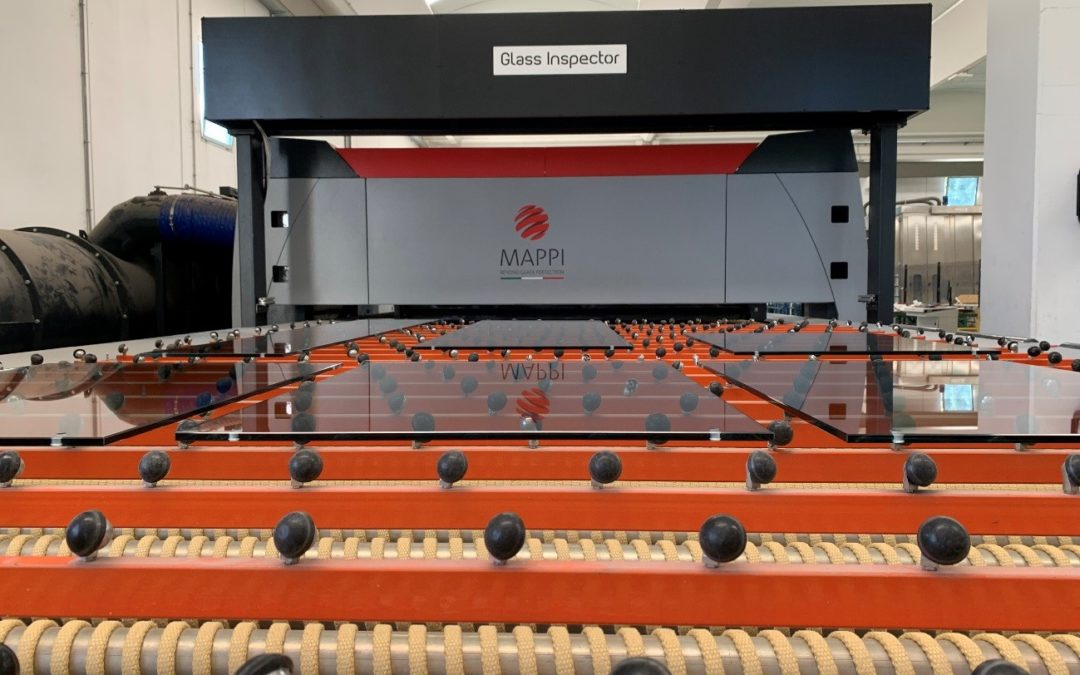Quality control in a tempering furnace is crucial for ensuring that the glass produced meets the highest standards for safety, durability, and optical clarity. Using advanced tools like the Glass Inspector 4D enhances this process in several ways:
- Consistency in Tempering Process
The tempering process involves precise heating and rapid cooling, which creates the necessary internal stresses for glass strength. The Glass Inspector 4D monitors the glass throughout the process, ensuring that each sheet is uniformly treated. This consistency is vital to avoid weak spots that could lead to breakage under stress.
- Detection of White haze, Optical Distortions, Flatness and Anisotropy.
An essential aspect of tempered glass is its optical clarity, distortions and anisotropies caused by uneven cooling can affect the glass’s appearance and performance. The Glass Inspector 4D is capable of detecting these optical issues in real-time, allowing adjustments to be made immediately, ensuring the final product meets visual quality standards.
- Reduction of Waste and Costs
By catching defects early in the production process, the Glass Inspector 4D helps reduce waste, saving on materials and energy costs. It also minimizes the need for reprocessing, which can be costly and time-consuming.
- Compliance with Safety Standards
Tempered glass is often used in safety-critical applications, such as in buildings or vehicles. Ensuring that the glass complies with international safety standards is essential. The Glass Inspector 4D helps verify that the glass meets these standards, providing documentation and data that can be used for compliance reporting.
- Enhanced Reputation and Customer Satisfaction
Consistently producing high-quality tempered glass builds a strong reputation for reliability. Customers can trust that the glass they receive is of the highest quality, leading to increased satisfaction and repeat business.
Conclusion
Integrating the Glass Inspector 4D into your tempering furnace’s quality control process significantly enhances the reliability, safety, and quality of the glass produced. It not only ensures compliance with industry standards but also optimizes production efficiency, reduces waste, and ultimately delivers a superior product to your customers.
